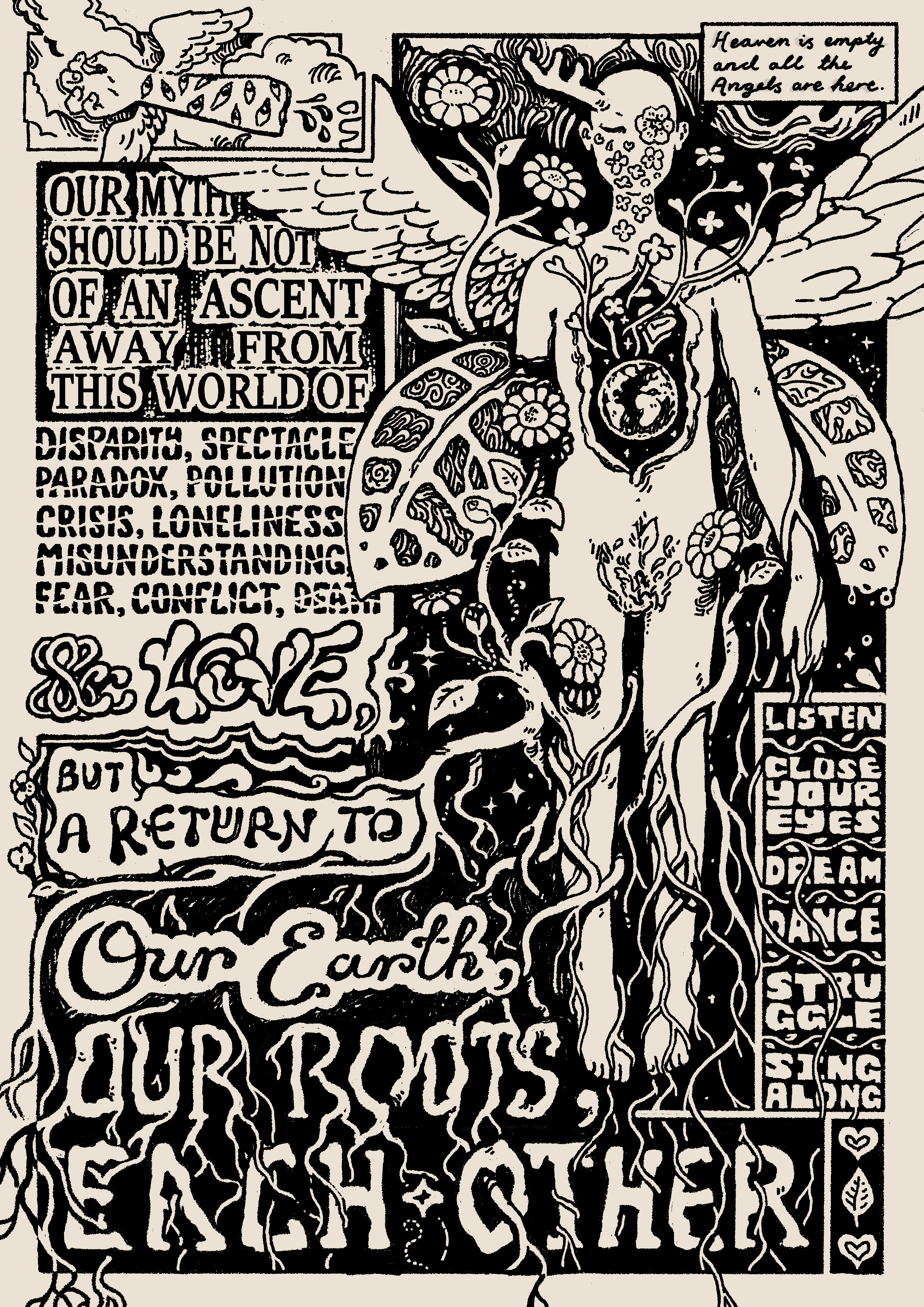The world’s economy as a whole has seen a building up of political pressure in those rich, advanced economies – the USA, Britain, France and Germany in particular – for new changes to trade patterns that they believe will renew growth in their economies. These countries have presided over actual economic stagnation since the turn of the century, relieved only by fighting expensive wars of choice financed by national borrowing and allowing reckless borrowing by cash-strapped middle-class citizens to provide any growth at all. These uneconomic borrowing and unproductive financial practices have been supported by changes to bankruptcy laws at the start of the century that keep most debts current, regardless of the ability to pay them down. To once again put off the day of reckoning and attempt to remedy this sluggish situation, the advanced countries have trotted out several treaties negotiated in secret with a variety of “partners.” These agreements drafted by wealthy countries purport to grow businesses and profit everyone by expanding trade between member countries – by taking advantage of relative differences in wages and social conditions that apply within them. Incidentally, they would remove barriers to all development activity and guarantee investor profits at the expense of local economic, social or cultural factors.[1]
Pressure to adopt these treaties is such that essential democratic features of life in all the wealthy prospective member countries have been suppressed. There is almost no public examination of the contents of the treaties, no debate about unusual provisions, no journalistic overview of the processes of adoption. Like the geological forces beneath the earth’s crust that produce earthquakes, landslides, tsunamis and other calamities, the forces released by the final adoption of these treaties will surely produce poverty, exploitation, displacement of populations, environmental degradation, unemployment, disease, disputes, and war, just as prior treaties have. Curiously enough, investors in the partner countries will be protected against all risk of loss. Even the prospective profits of investors will be protected as never before in history, under the most highly favourable rules conceivable. As a result, along with these terrible effects on most people, a new transfer of wealth will take place: from the ones adversely affected everywhere, to the more-than-comfortable, highly wealthy people in the advanced countries. The treaties thus enshrine an asymmetry between the parties affected by these agreements, which is unprecedented in history.
We must stand our ground against this pressure and try to save our democracy and our livelihoods before the fault lines shift.
The following is a slightly adapted version of the presentation I submitted to the House of Commons Standing Committee on International Trade on May 10, 2016, during public consultations on the Trans-Pacific Partnership.
American Capitalism on Steroids
at the expense of all other forms of participation in what should be
varied national economies: a very un-Canadian arrangement
The TPP should be rejected by the Canadian parliament. It is an asymmetric treaty. As much as it benefits wealthy owners and executives of multi-national corporations (overwhelmingly American), it causes loss of life, liberty and living standards for the great majority of others who will suffer under its authority. Corporate profits made anywhere already float beyond fair national taxation laws of the countries in which they do business, with all of the attendant social and political evils that these arrangements create. In particular, the TPP would extend American hegemony and military domination over Vietnam, Malaysia, Singapore, Brunei, Australia, New Zealand, Chile, Peru, Mexico, Japan and Canada. With respect to Canadians, there is no new advantage for Canadian companies, save for those who already exploit and abuse people from less well-developed countries. This applies particularly to our miners. Mining is the industry which, compared to all others except the financial industry, does the most harm to humans: environmentally, culturally and politically, anywhere and everywhere.
The TTP would negatively affect the world’s efforts to protect any of the universal rights of workers, even extending slavery in some of the least advanced countries. The treaty deliberately impairs the democratic, environmental and human rights of all of its signers, as well as any efforts to improve them. This includes the USA and Canada. It would prevent local efforts to slow global warming, a much more important question than the marginal increase in trade covered by this corporate-dictated agreement.
Its principal unstated aims are to restrain the actions of China and Russia in order to secure commercial and national security needs, and reduce their influence in the region covered by the treaty.
To call the TPP a “free trade treaty” is to deceive. Few trade barriers will be removed from Canadians. Most of our international commerce is largely tariff free. Any existing duties allow us to adapt to historical, climatic, social and cultural realities that are essential to our functioning as a rare nation of decent people, sharing and caring for one another, for the last one hundred and sixty years. This “partnership” negotiated in secret would put an end to all that. Barriers to trade can always be removed by transparent multi-or bi-lateral negotiations over time.
If it’s not a free trade treaty, then what is it? It is a forced surrender, by small governments, of the means of governing in the interest of their people. It mandates private capitalist control by the world’s largest, most predatory corporations, to buy and otherwise take over the running of all human services and functions, private, public, co-operative, charitable and even volunteer. Its stated goal would guarantee the maximum profits of corporations (misnamed “investors”) in exchange for minimum services. This would happen regardless of any and all incidental local damage or harm. Always, along with the profit objectives, comes dis-information, religious and cultural propaganda that suits the USA, increasing its control over the social, political and economical life of the nations whose functions would be taken over. To conclude, such ‘agreements’ surrender national rights and much national governance to non-elected rent-extracting capitalists. Such surrenders of national authority historically occur only after wars, where the losers accept colonization by the conquerors. The weapons in the TPP war are American money and an American military-industrial police state, backed up by NATO.
The dispute settlement provisions of the TPP are steps backwards to juridical primitivism. It sets aside systems of justice and peaceful dispute settlement dating back to the medieval period. Three lawyers meeting in camera replace judges and courts. Their decisions would be beyond appeal. As if there weren’t enough opportunities for corruption and dishonesty already in the world, could one design a better method for encouraging and facilitating even more racketeering and crime? Instead of tried and tested judicial systems, a crude denial of due process, transparency and the rights of the weak, the poor, minorities, women and children and all those affected by corporate abuse of environments, customs, cultures, sustenance, social and human dignity. We would suffer troops of mercenaries roving around the world, battling independent cities and towns, making demands, extracting tribute, taking hostages, killing and maiming where convenient. Surely we put a stop to this kind of thing when we organized national governments during the Enlightenment; when we opted for elections to select our rulers who write our laws and select our judges to protect us, care for us and share amongst us. When disputes arise, we settle them according to our own local laws and regulations, with our own local judges who know our customs, who are sworn to enforce our laws. Three corporate lawyers from wherever, to judge our ways of life… in camera? The concept is irrational… absurd! No self-respecting elected representative of a people could willingly enter into such a situation.

Credit: Christopher Dombres – The Battle of Copyright. From flickr under creative commons license: Public Domain
Intellectual Property rights: Lengthening of copyright protection is a mechanism allowing rent extraction beyond reasonable limits. Copyright protection beyond sixty years for any work, beyond the span of a human life, rewards greed. Extending patents far beyond the time required to repay research investment deprives people of the right to the benefits of progress. Reducing the freedom of the Internet denies the rights of all people to benefit from the growth of human knowledge. The new restrictions are abusive and harmful.
The trouble already spawned by existing “free trade laws” crafted to benefit American corporate and military institutions located abroad has wrecked the peaceful development of most of the countries that have agreed to their terms. Breakdown of local controls and the loss of small farms and businesses have led to crime and violence, destroying the lives and the livelihoods of hundreds of millions. Lost are the very possibilities of these people for advancing their welfare or security. In the cases of Central and much of South America, and to a lesser extent, Canada, gradual trade liberalization could have been designed to be much less destructive for weaker treaty partners. Protection of workers and farmers on all sides of the changes to trade rules is of the essence. What we see instead is an advancement of control by police and military forces and disrespect for ancient property rights of indigenous peoples and international law protecting workers. These latter rights are more important to people’s advancement than any possible economic profit that may flow to them from further trade. Why extend an agreement to other countries when the main social product of NAFTA in Mexico and Central America has been a flow of refugees to the US because of the deterioration of the laws and the economies of its smaller weaker national partners and their subsequent chaos and militarization? There is nothing positive for non-corporate entities affected by the TPP.
Professor Rodrique Tremblay from the Université de Montréal sums it up best. Speaking about the TPT, (the TPP), the TTIP and NAFTA, he points out that in advanced western countries, corporate profits are way up, while overall wages have been driven down. Corporate taxes and taxes on the wealthiest are way down. While lowering wages and salaries, the USA has compensated by increasing individuals’ access to borrowing and credit in order to keep its economy alive. (www.globalresearch.ca)
There have already been two big US-driven “international trade deals.” Both were kept secret during their negotiations because their main objectives were to guarantee legal protection for the investments of multi-national corporations and megabanks against elected national governments, and to give these corporations and banks immunity from national prosecution and/or inconvenient local laws and regulations.
The most recent examples of such “deals” are the Transatlantic Trade and Investment Partnership (TTIP) with the European Union and the Transpacific Trade Partnership (TTP) with certain countries in South East Asia and the Pacific.
These “free trade” agreements hardly aim to expand movements of goods between countries based on comparative national advantages. They are instead business arrangements protecting corporations against national governments, their people, their taxes, their customs, laws and regulations; and in cases of disputes, replacing local courts and judges with corporate-friendly ‘arbiters.’
They pursue indecent geopolitical objectives. They erect a worldwide economic and financial order that supersedes national states, retracting all public, non-profit, charitable and co-operative services and enterprises and properties in favour of the private sector, without exception. These treaties also represent an absurd effort to protect the corporate and banking elites – the 1% establishment – against their reform by governments, public administrations and grassroots people (whether formally organized in clans, tribes, purpose-based organizations with legal or traditional charters, or in ad hoc groups). In the case of the TTIP, its principal political objective would prevent the European Union from developing trade agreements with Russia, which the US explicitly states that it wants to colonize. In the case of TPP, the stated objective is to isolate and colonize China. In the eyes of Washington D.C. neo-con plotters, these treaties are part of an ongoing low-key campaign of armed and unarmed high-intensity economic warfare, as much against the states that are not a part of the treaties as against the underclasses of the whole world.
These treaties preserve, encourage and ease access to tax havens that large corporations have been using to avoid taxes in home countries.
They are a big part of why our economies are languishing. When corporate profits are not reinvested in domestic economies or in living wages for employees, but are instead given to executives and shareholders to be hoarded and stashed away, these profits reduce demand. US corporations alone have $1.4 trillion dollars sleeping in foreign tax havens, with more going into mergers and share buybacks all the time. If these monies were repatriated, taxed or recirculated, not only would governments have lower deficits, new services would greatly increase as well: public and voluntary services and private start-up concerns.
The proposed extended patent protection for long-established and entrenched corporations at the expense of start-up companies is scandalous. Mergers and corporate multi-national societies have created monopolies, oligopolies and arrangements that have reduced competition, increased corporate markets and political power, and raised prices.
The TTP and the TTIP are anti-social, quasi-criminal efforts to ruin our planetary environment, and raise the risk of world war.
The Canadian Parliament is urged to reject the current state of the TPP and send it back to new writers who will include representative people from the broad spectrum of all societies involved, who will draft something that is agreeable to all, publicly and transparently debated, voted and accepted.
[1] Outside the treaties, there are other stated geopolitical objectives that are highly negative: to curb Russian and Chinese intentions in their regions, threatening world peace, and to replace all public, co-operative and non-corporate private property and enterprise with private corporate property and enterprise.









